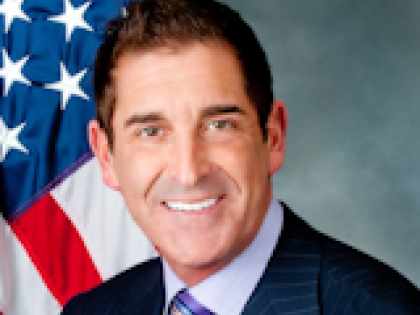
Sen. Klein Announces Emergency Fix For Medicare Drug Program
Jeffrey D. Klein
January 23, 2006

ALBANY, NY—The New York State Legislature today passed emergency legislation responding to the growing health crisis created by the newly implemented federal Medicare prescription drug program (Part D), which could result in 600,000 low-income elderly and disabled New Yorkers being wrongfully denied access to life-saving prescription drugs.
“It is critical that the New Yorkers who depend on Medicare Part D aren't forced to forego vital prescriptions while the federal government gets this flawed system sorted out,” said State Senator Jeff Klein (D-Westchester/Bronx).
Under the legislation, which has passed in both houses, New York State would pay drug claims for disabled and low-income elderly until problems with the federal program are resolved. Once the program is fixed, the state will bill the federal government and the various drug plans for costs incurred. In the long run, the State expects to save money because the disabled and low-income elderly will not be forced to seek treatment in emergency rooms because they cannot get necessary drugs.
“New York didn't create this mess, but we have the power to help make this transition less painful for thousands of our most medically vulnerable residents,” Klein said.
Klein explained that seniors and disabled individuals who had formerly received prescription coverage through Medicaid are now required to receive their prescriptions through Medicare Part D. Administrative chaos has ensued, however, amidst reports that plans were not notified of their new enrollees and enrollees were not being provided with the proof of coverage they need to fill their prescriptions. Complicating matters further is the fact that individuals who did not sign up for a Medicare prescription drug plan were automatically enrolled in one of 15 plans, without regard to whether that assigned plan covered their particular prescriptions. Senator Klein’s office has even received reports of Medicaid-eligible seniors being charged inappropriate deductibles and co-payments.
“This legislation will help New York's most vulnerable populations get the medications they need for the time being,” Klein stated, “but the federal government needs to get to work reforming this program so it actually works for the people it was designed to serve."



